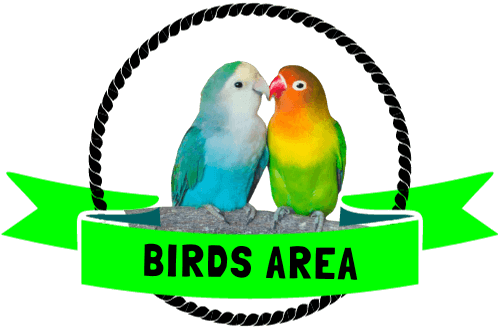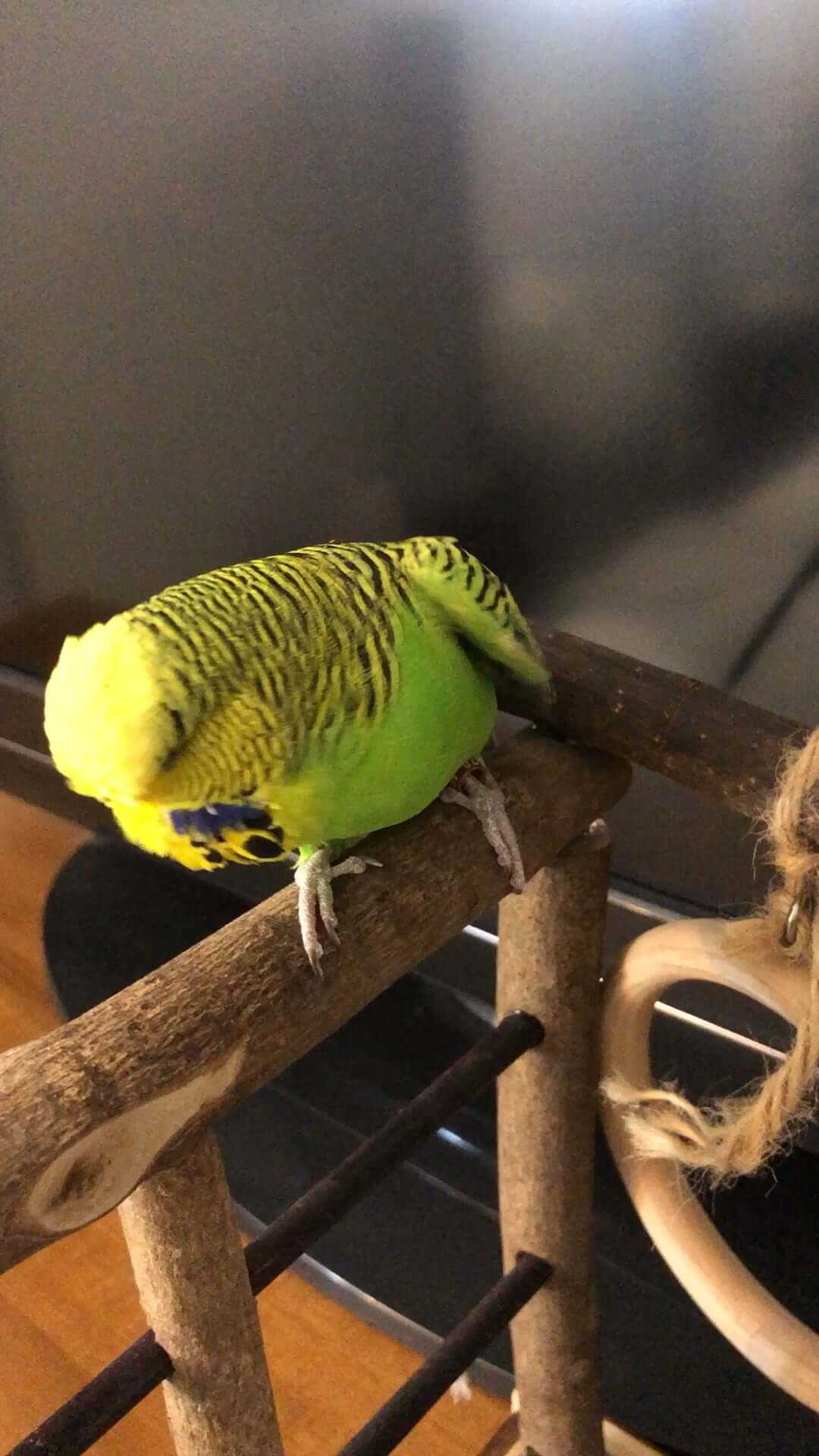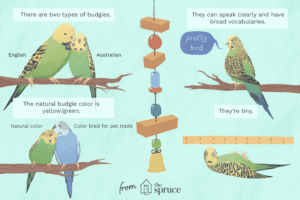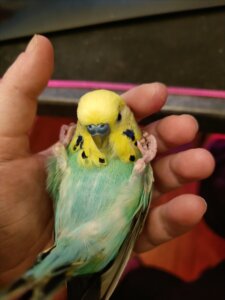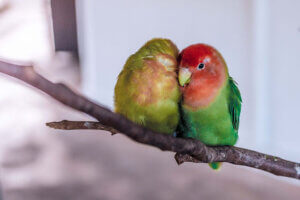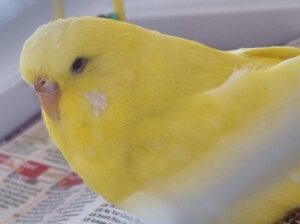Why Is My Budgie Shivering? Causes and Solutions
Your budgie might be shivering due to cold temperatures or stress. Shivering can also indicate illness or discomfort.
Budgies are sensitive creatures that easily react to environmental changes. Cold temperatures can make them shiver, signaling they need warmth. Stress from new surroundings or loud noises can also cause shivering. Illness is another serious factor; symptoms like lethargy or loss of appetite require prompt veterinary attention.
Observing your budgie’s behavior and environment helps identify the cause of shivering. Ensuring a stable, comfortable habitat and minimizing stressors can prevent shivering. Regular vet check-ups are crucial for maintaining your budgie’s health. Understanding these factors ensures your budgie stays happy and healthy.

Credit: www.reddit.com
Common Causes Of Budgie Shivering
Budgies are small, vibrant birds that can sometimes be seen shivering. Understanding why your budgie is shivering is crucial for its well-being. Here are the common causes of budgie shivering:
A cold environment can make your budgie shiver. Budgies are sensitive to temperature changes. Ensure their cage is in a warm, draft-free area.
- Maintain a temperature of 70-80°F.
- Avoid placing the cage near windows or doors.
- Use a cage cover at night to retain warmth.
Stress and anxiety can also cause shivering in budgies. They are easily scared by loud noises and sudden movements.
- Provide a calm and quiet environment.
- Introduce new toys gradually.
- Handle your budgie gently and talk softly.
Illness and health issues are another cause of shivering. If your budgie is sick, it may shiver to signal discomfort.
| Symptoms | Possible Illness |
|---|---|
| Fluffed up feathers | Respiratory infection |
| Weight loss | Parasitic infection |
| Drooping wings | Viral infection |
If you see these signs, take your budgie to a vet immediately.
Cold Environment
Budgies are small, tropical birds that thrive in warm climates. If your budgie is shivering, a cold environment could be the cause. Understanding their needs can help you keep your feathered friend happy and healthy.
Temperature Regulation
Budgies have a natural way to regulate their body temperature. They fluff up their feathers to trap heat. But, in cold conditions, this may not be enough.
Keep the room temperature between 70-75°F (21-24°C) for your budgie. Avoid placing the cage near windows or doors where drafts can enter.
Signs Of Cold Stress
Cold stress in budgies can show through several signs:
- Shivering
- Puffed-up feathers
- Lethargy
- Loss of appetite
If you notice these signs, your budgie may be too cold and needs immediate warmth.
To improve cage warmth, follow these steps:
- Use a thermal cover to insulate the cage at night.
- Place the cage in a warm part of your home, away from drafts.
- Consider using a ceramic heat lamp designed for birds.
- Add extra bedding or soft materials for your budgie to snuggle into.
Make sure any heating element is safe and does not overheat the cage.
| Temperature Range | Action Needed |
|---|---|
| Below 60°F (15°C) | Immediate heating required |
| 60-70°F (15-21°C) | Monitor and add light heating if needed |
| 70-75°F (21-24°C) | Optimal temperature |
Maintaining the right environment ensures your budgie stays healthy and comfortable.
Stress And Anxiety
Is your budgie shivering? It might be due to stress and anxiety. Budgies are sensitive birds. They can easily get stressed. Understanding the causes of stress is crucial. Let’s explore how to identify and reduce your budgie’s stress.
Identifying Stress Triggers
Many factors can stress your budgie. Identifying these triggers is important. Some common stress triggers include:
- Loud noises
- Sudden movements
- New environments
- Other pets
- Lack of interaction
Observe your budgie closely. Does it shiver when you play loud music? Or when a new pet is around? Noting these reactions helps pinpoint the cause.
Creating a calm environment is key. This can help reduce your budgie’s stress:
| Action | Benefit |
|---|---|
| Keep noise levels low | Reduces anxiety |
| Provide a quiet space | Gives a sense of security |
| Avoid sudden movements | Prevents startling |
| Introduce new pets gradually | Allows adjustment time |
Small changes can make a big difference. A peaceful environment helps your budgie feel safe.
Building trust takes time. It’s essential for reducing stress. Here are some steps to follow:
- Speak softly to your budgie
- Offer treats by hand
- Spend time near the cage
- Move slowly and gently
- Maintain a consistent routine
Trust builds with patience and consistency. A trusted budgie is a happier, less stressed bird.

Credit: www.reddit.com
Illness And Health Issues
Budgies are small, delicate birds. They are prone to various health problems. One common sign of illness is shivering. Understanding why your budgie is shivering can help you take the right steps.
Recognizing Symptoms
Spotting illness in budgies early is crucial. Look for these symptoms:
- Continuous shivering
- Lethargy or lack of energy
- Loss of appetite
- Changes in droppings
- Fluffed-up feathers
If your budgie shows these signs, it may be sick. Quick action can save its life.
Common Budgie Illnesses
Several illnesses can cause shivering in budgies. Here are some common ones:
| Illness | Symptoms |
|---|---|
| Psittacosis | Shivering, breathing issues, and nasal discharge |
| Respiratory Infections | Shivering, sneezing, and wheezing |
| Avian Gastric Yeast | Shivering, weight loss, and vomiting |
| Parasites | Shivering, feather loss, and itching |
Knowing when to see a vet is essential. Consult a vet if:
- Your budgie shivers for more than a day.
- There are additional symptoms like lethargy or breathing issues.
- The bird stops eating or drinking.
A vet can diagnose the issue and provide treatment. Early intervention can make a big difference.
Improving Cage Warmth
Ensuring your budgie stays warm is crucial for its health. Cold temperatures can make your budgie shiver. Improving cage warmth can help keep your pet comfortable.
Ideal Cage Placement
Place the cage away from drafts. Avoid windows and doors where cold air enters. Keep it in a room with stable temperatures.
Use a thermometer to monitor the room’s temperature. The ideal temperature is between 65°F and 75°F (18°C to 24°C). Budgies feel comfortable within this range.
Using Cage Covers
Cover the cage at night to retain heat. Use a breathable, lightweight cover. Ensure it covers all sides of the cage.
Leave a small gap for ventilation. This allows fresh air to flow. Your budgie will stay warm without feeling suffocated.
Supplemental Heating Options
If the room is cold, use additional heating. Here are some options:
- Use a ceramic heat emitter designed for bird cages.
- Place a heating pad under part of the cage.
- Install a space heater in the room, but not too close.
Make sure the heating source is safe. Avoid anything that could burn or overheat your budgie.
| Heating Option | Pros | Cons |
|---|---|---|
| Ceramic Heat Emitter | Provides consistent warmth | Can be expensive |
| Heating Pad | Easy to control | Must be monitored |
| Space Heater | Warms entire room | Can dry out air |
Monitoring and adjusting your budgie’s environment is key. This ensures your pet stays warm and healthy.
Creating A Calm Environment
Budgies are sensitive little creatures. They can easily get stressed by sudden changes. Creating a calm environment helps reduce shivering in your budgie. Below are some essential steps to ensure your budgie feels safe and secure.
Reducing Noise
Budgies prefer quiet spaces. Loud noises can scare them. Keep your budgie’s cage away from TVs and radios. Avoid shouting or sudden loud sounds near the cage. Soft music or nature sounds can be soothing.
Routine And Consistency
Budgies thrive on routine. Feed them at the same times every day. Cover their cage at night to simulate a natural sleep cycle. This helps them feel safe and secure. Keep their cage in a consistent spot. Moving it often can cause stress.
Safe And Comfortable Space
Your budgie’s cage should be a sanctuary. Make sure it’s clean and spacious. Provide plenty of perches and toys. Ensure they have access to fresh water and food. Temperature control is important. Avoid placing the cage near drafts or direct sunlight.
Building Trust With Your Budgie
Understanding why your budgie shivers is important. One key reason might be a lack of trust. Building trust with your budgie is essential for their comfort and happiness. It involves gentle handling, positive reinforcement, and gradual socialization.
Gentle Handling Techniques
Always handle your budgie with care. Sudden movements can scare them. Use slow and steady motions. Speak softly to reassure your budgie. Let them perch on your finger by offering it gently. Avoid grabbing them forcefully. This helps reduce stress and builds trust.
Positive Reinforcement
Positive reinforcement is a powerful tool. Offer treats when your budgie behaves well. Use millet sprays or small seeds as rewards. Praise them with a happy voice. Consistently rewarding good behavior encourages trust. Remember, patience is key. Building trust takes time.
Gradual Socialization
Introduce your budgie to new experiences slowly. Start by spending time near their cage. Let them get used to your presence. Gradually open the cage door and let them explore. Offer your hand for them to step on. Allow them to retreat if they feel scared. This gradual approach helps them feel safe.
| Steps | Actions |
|---|---|
| Step 1 | Spend time near the cage |
| Step 2 | Speak softly and offer treats |
| Step 3 | Gradually open the cage door |
| Step 4 | Offer your hand for them to step on |
By following these steps, you can build a strong bond with your budgie. Trust is the foundation of a happy and healthy relationship. Always be patient and gentle with your feathered friend.

Credit: www.youtube.com
When To Consult A Vet
Understanding when to consult a vet for your shivering budgie is crucial. While some shivering can be normal, other times it signals a serious issue. It’s important to recognize the signs that require a vet’s attention.
Emergency Symptoms
If your budgie shows signs of severe shivering, it may be an emergency. Look for symptoms like:
- Lethargy
- Loss of appetite
- Drooping wings
- Labored breathing
These signs indicate that your bird needs immediate vet care. Quick action can save your budgie’s life.
Routine Check-ups
Regular vet visits help keep your budgie healthy. Routine check-ups can catch issues early before they become severe. Schedule a check-up at least once a year. During these visits, the vet will:
- Examine your budgie’s overall health
- Check for parasites
- Assess diet and nutrition
Routine check-ups are essential for preventing health problems.
Finding An Avian Specialist
An avian specialist is a vet trained to treat birds. They have the expertise needed to care for your budgie. You can find an avian specialist by:
- Asking for recommendations from pet stores
- Searching online vet directories
- Checking with local bird clubs
Ensure your vet has experience with budgies. Trustworthy avian specialists will provide the best care for your bird.
Frequently Asked Questions
Why Is My Budgie Shivering?
Your budgie might be shivering due to cold temperatures. Ensure their cage is warm enough. Stress or fear can also cause shivering. If shivering persists, consult a vet.
Is Shivering In Budgies Normal?
Occasional shivering can be normal, especially if they are adjusting to new surroundings. However, frequent shivering may indicate health issues. Observe their behavior closely.
Can Stress Make My Budgie Shiver?
Yes, stress can make your budgie shiver. Loud noises, new environments, or sudden changes can cause stress. Ensure a calm and stable environment.
How Can I Warm Up My Budgie?
Provide a warm, draft-free environment. Use a bird-safe heater or cover the cage partially with a blanket. Ensure they have a cozy, secure place.
Conclusion
Understanding why your budgie is shivering helps ensure its health and happiness. Regular check-ups and a cozy environment are key. Pay attention to any changes in behavior. Always consult a vet for any concerns. Your budgie depends on you for warmth and care.
Keep it healthy and happy with proper attention.
